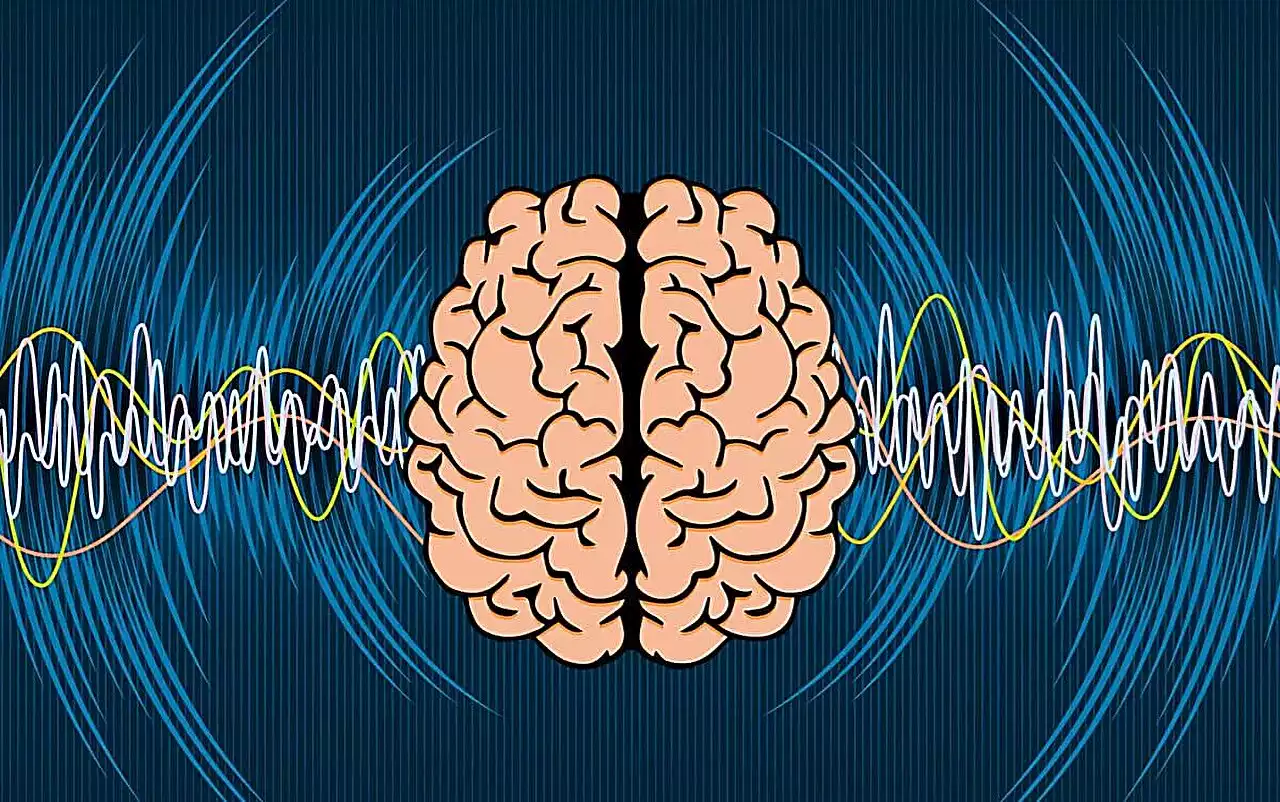Researchers from the University of Tsukuba found that the frequency of a brainwave phenomenon called phase resetting reflects daily changes in depressed mood. This finding renders possible the estimation of the degree of depressed mood by measuring brain waves for one minute, which is expected to promote the early detection of depression.
Scientific Reports
, were instructed to measure their EEG for one minute every day at home across two to four weeks to investigate its relationship to the intensity of their depressed mood.brain waves from different brain regions synchronize, increased with high levels of depressed mood at certain frequencies but decreased at other frequencies.
These results indicate that changes in depressed mood can be objectively measured using EEG for one minute in a resting state and are expected to facilitate the early detection of depression and the development of novel treatment in the future.Masahiko Morita et al, Brainwave activities reflecting depressed mood: a pilot study,
Österreich Neuesten Nachrichten, Österreich Schlagzeilen
Similar News:Sie können auch ähnliche Nachrichten wie diese lesen, die wir aus anderen Nachrichtenquellen gesammelt haben.
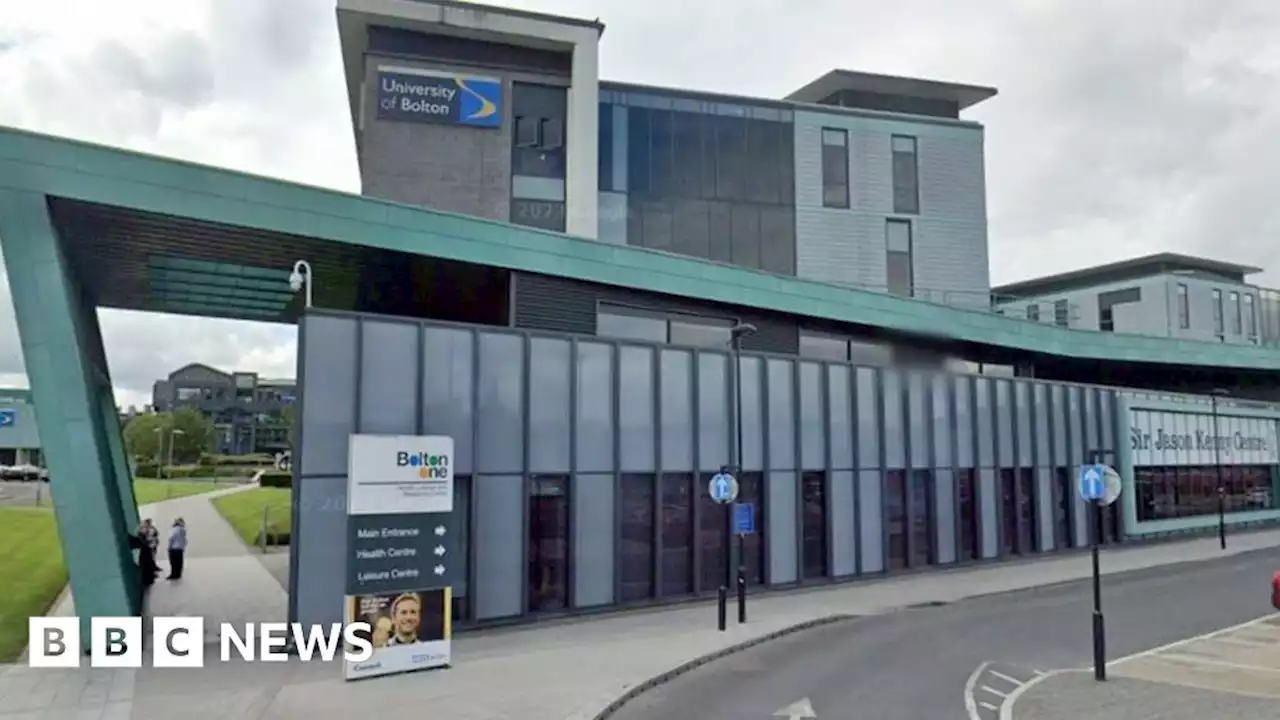 University of Bolton applies to become University of Greater ManchesterThe University of Bolton applies to change its name in a bid to improve 'graduate outcomes'.
University of Bolton applies to become University of Greater ManchesterThe University of Bolton applies to change its name in a bid to improve 'graduate outcomes'.
Weiterlesen »
 Harper Adams University named Specialist University of the Year by The Times & Sunday TimesHarper Adams University has been awarded Specialist University of the Year 2024 by a national newspaper.
Harper Adams University named Specialist University of the Year by The Times & Sunday TimesHarper Adams University has been awarded Specialist University of the Year 2024 by a national newspaper.
Weiterlesen »
 University of Glasgow wins Scottish University of the Year in prestigious guideScotland has come out on top in The Times and The Sunday Times Good University Guide 2024, with the University of Glasgow being crowned Scottish University of the Year.
University of Glasgow wins Scottish University of the Year in prestigious guideScotland has come out on top in The Times and The Sunday Times Good University Guide 2024, with the University of Glasgow being crowned Scottish University of the Year.
Weiterlesen »
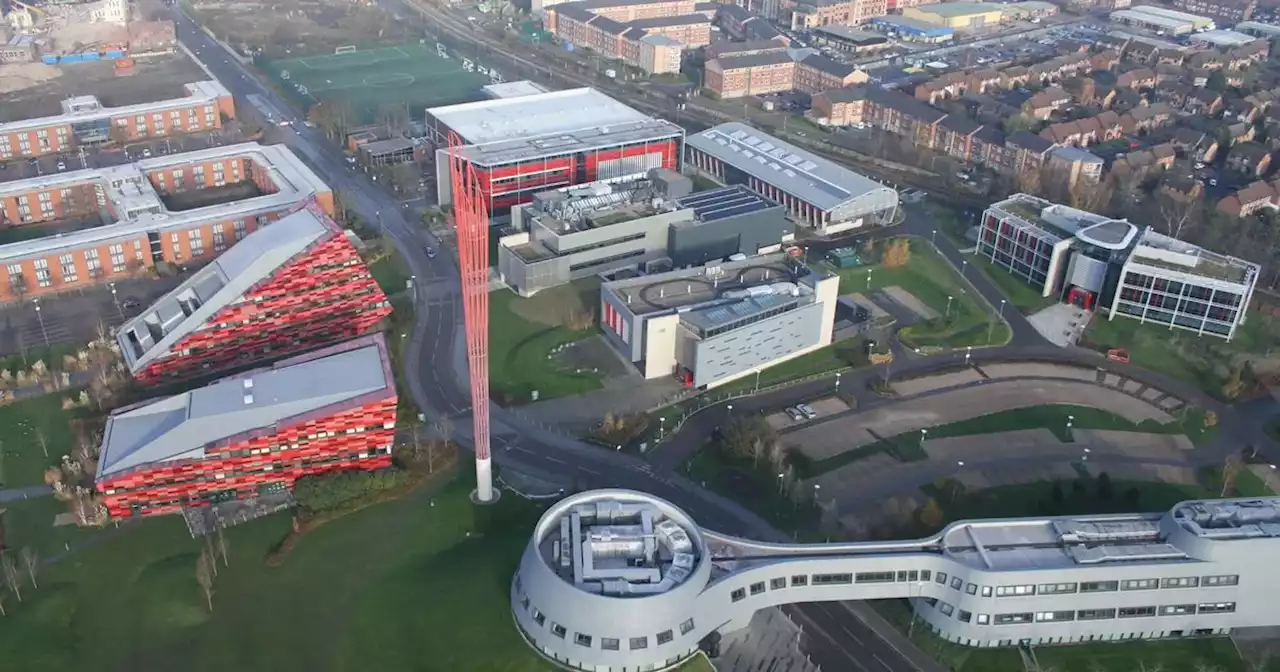 Top guide names both Nottingham universities in Midlands top 10The University of Nottingham was awarded Sports University of the Year for the third time too
Top guide names both Nottingham universities in Midlands top 10The University of Nottingham was awarded Sports University of the Year for the third time too
Weiterlesen »
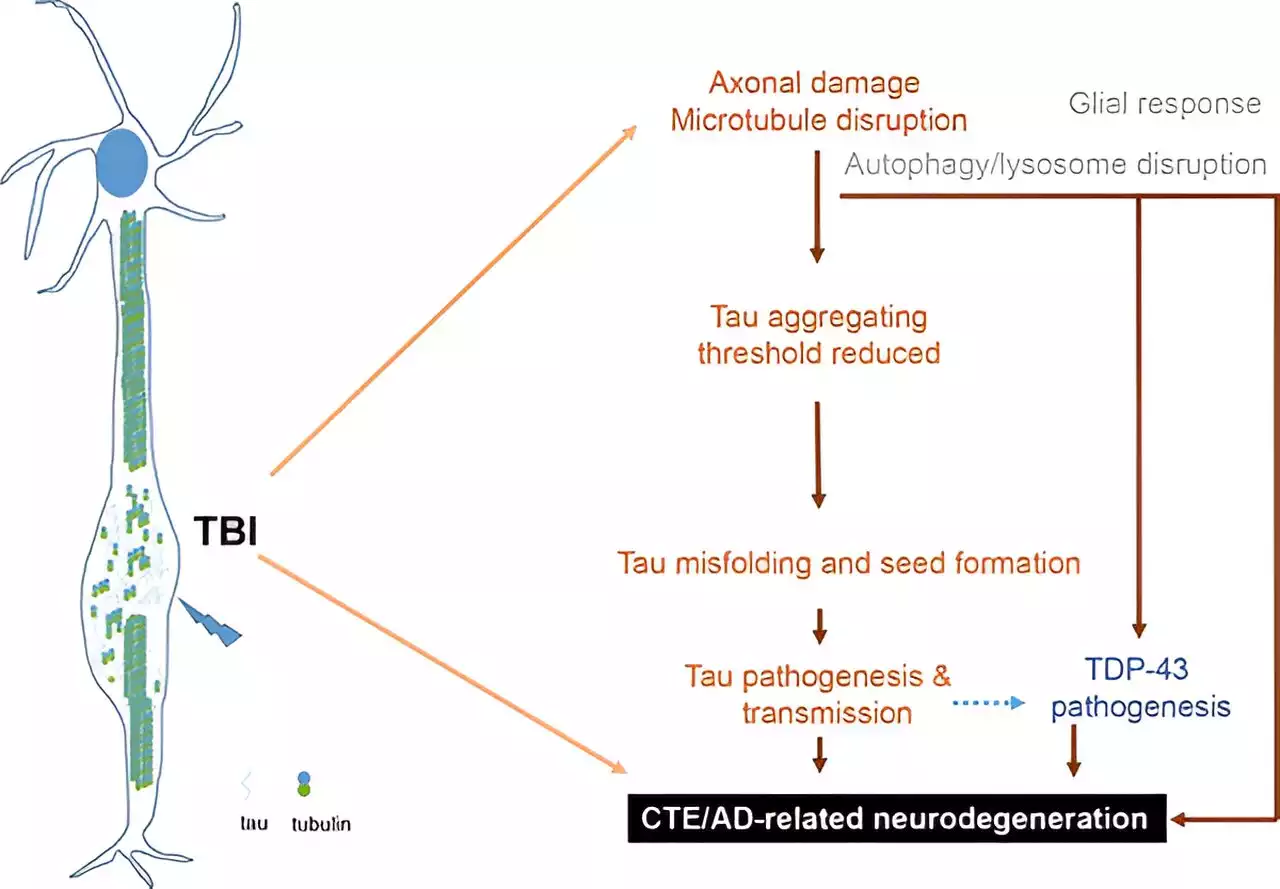 Researchers show how repeated traumatic brain injury contributes to Alzheimer's diseaseThe causes of Alzheimer's disease (AD) are unclear, and the interventions for AD are very limited. However, researchers led by Prof. He Zhuohao from the Shanghai Institute of Organic Chemistry of the Chinese Academy of Sciences, in collaboration with researchers worldwide, have recently proposed a new strategy for the intervention in certain neurodegenerative diseases, including AD, based on a better understanding of disease mechanisms. Their study was published in Science Translational Medicine.
Researchers show how repeated traumatic brain injury contributes to Alzheimer's diseaseThe causes of Alzheimer's disease (AD) are unclear, and the interventions for AD are very limited. However, researchers led by Prof. He Zhuohao from the Shanghai Institute of Organic Chemistry of the Chinese Academy of Sciences, in collaboration with researchers worldwide, have recently proposed a new strategy for the intervention in certain neurodegenerative diseases, including AD, based on a better understanding of disease mechanisms. Their study was published in Science Translational Medicine.
Weiterlesen »
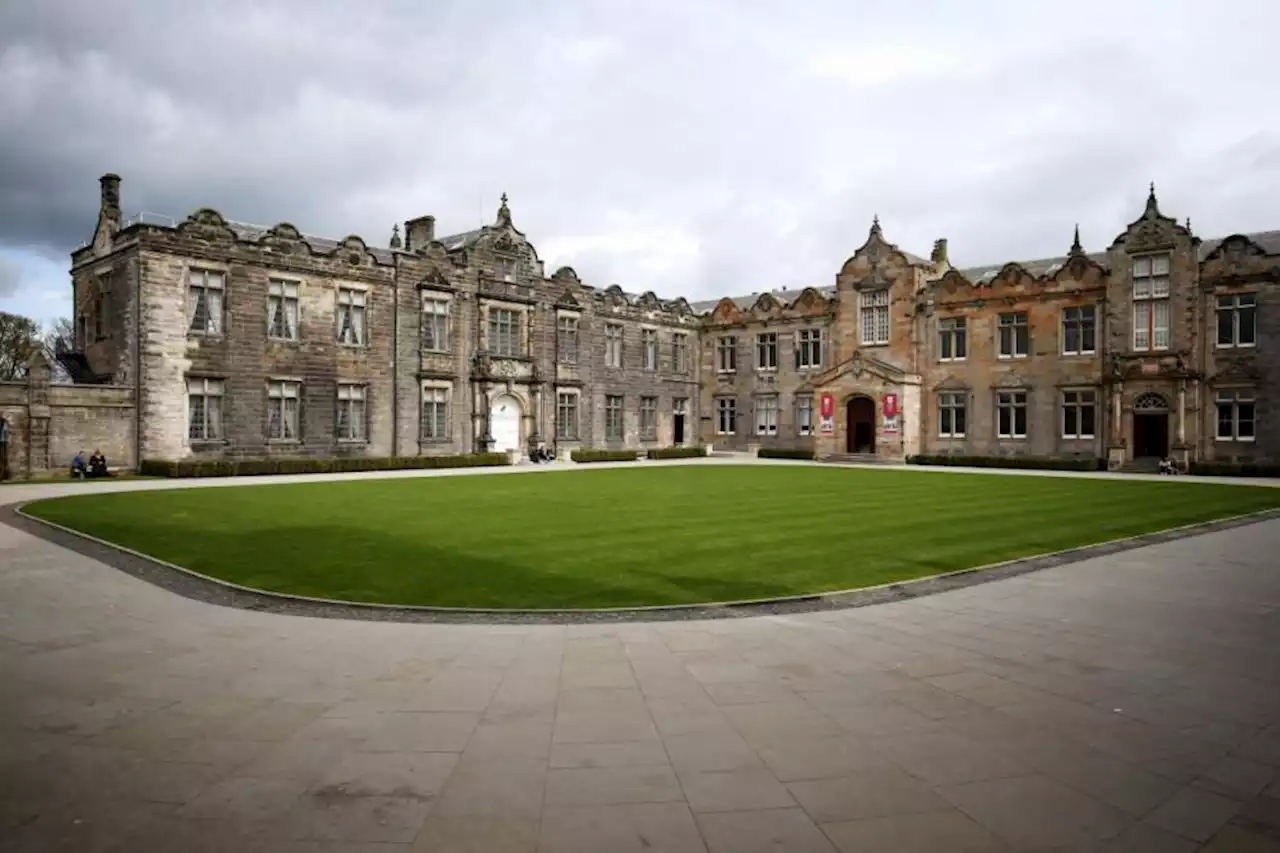 Scottish university named best in UK, knocking Oxbridge from top spotThe University of St Andrews has been named the top UK university in The Times and Sunday Times Good University Guide.
Scottish university named best in UK, knocking Oxbridge from top spotThe University of St Andrews has been named the top UK university in The Times and Sunday Times Good University Guide.
Weiterlesen »
